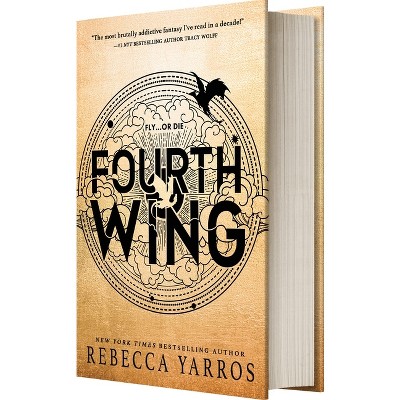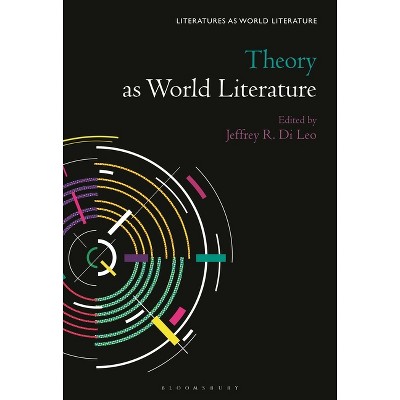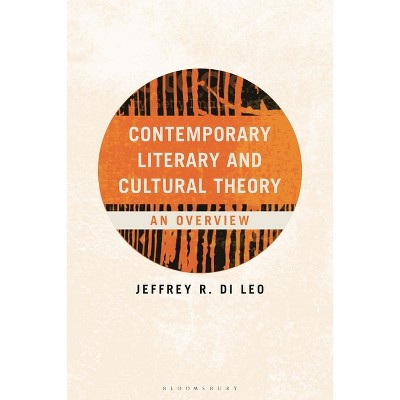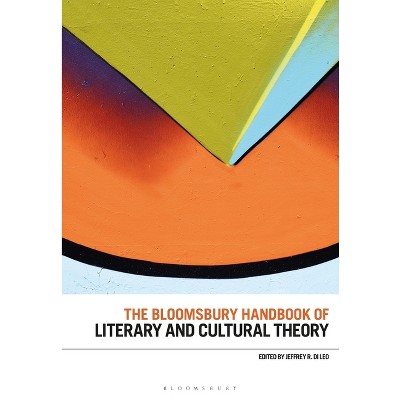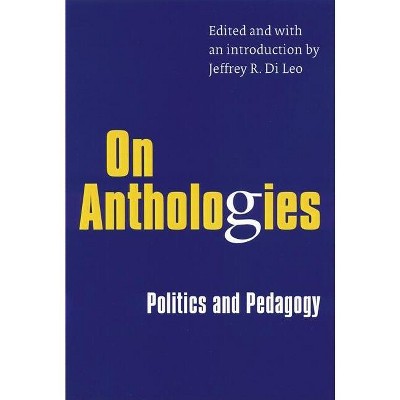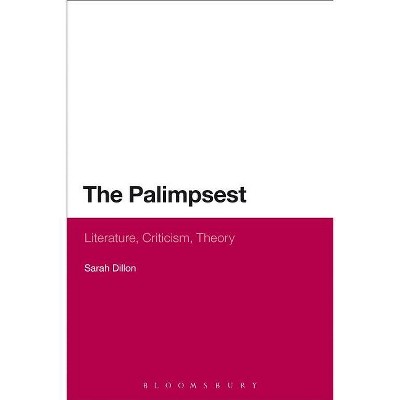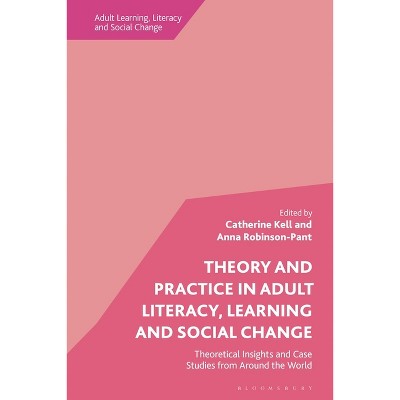About this item
Highlights
- Surveying the extraordinary scope of contemporary theory, Jeffrey R. Di Leo brings together contributors from around the world to speak to the ways in which theoretical concerns from a variety of disciplines operate within their respective fields of concern.
- About the Author: Jeffrey R. Di Leo is Professor of English and Philosophy at the University of Houston-Victoria, USA.
- 472 Pages
- Literary Criticism, Semiotics & Theory
- Series Name: Theory Across Disciplines
Description
About the Book
Surveying the extraordinary scope of contemporary theory, this book brings together contributors from across the world to speak to the ways in which theoretical concerns from a variety of disciplines operate within their respective fields of concern.Book Synopsis
Surveying the extraordinary scope of contemporary theory, Jeffrey R. Di Leo brings together contributors from around the world to speak to the ways in which theoretical concerns from a variety of disciplines operate within their respective fields of concern.
Contemporary theory is a multi- and inter-disciplinary endeavour that operates within and among the humanities, the social sciences, and many of the professions. In addition to its now somewhat more standard-fare work in these areas, it has also made substantial inroads into the natural sciences and the formal sciences. To be sure, more disciplines from across the academy have integrated theory into their practice than at any other time in history. Di Leo and his fellow contributors survey the workings of contemporary theory within and among the humanities, sciences, and professions, including contributions on literary studies, film studies, gender studies, visual art, law, biology and geology. They bring together distinguished theorists whose work spans the academy to speak to the ways in which theoretical concerns from a variety of disciplines work within their respective fields of concern.Review Quotes
"What can theory do today? This is the question to which these vibrant, diverse, abrasive, and politically savvy essays gathered in Di Leo's compendium answer in many voices. The polyphony offered results in a crash course on theory's recent inventions and interventions. A metamorphosed theory rejuvenated by interdisciplinarity, spliced in original assemblages, sloughing off old skins and new masks, destabilizes, rethinks and re-founds our happily undisciplined disciplines." --Jean-Michel Rabaté, Professor of English and Comparative Literature, University of Pennsylvania, American Academy of Arts and Sciences, USA
"In this splendid volume, you can learn about fields ranging from architecture and biology to literature and systems science while receiving an education about theory itself-its kinds, histories, futures, and, above all, the lesson that any discussion of method must be a question for theory, lest we lose our way. Theory Across Disciplines is a truly innovative book that's indispensable to all levels of study." --Andrew Cole, Woodrow Wilson Professor of Literature, Princeton University, USA "This timely collection examines theory's multifaceted presence in disciplines ranging from the humanities and social sciences to the natural sciences and beyond. By engaging with various conceptions of theory, this essential work provides a comprehensive map of theory's role in contemporary academic discourse. Scholars and students alike will find this volume invaluable for understanding how multidisciplinary theory shapes and advances knowledge." --Alex Taek-Gwang Lee, Professor of Philosophy and Cultural Studies, Kyung Hee University, South KoreaAbout the Author
Jeffrey R. Di Leo is Professor of English and Philosophy at the University of Houston-Victoria, USA. He is editor and founder of the critical theory journal symploke, editor-in-chief of American Book Review, and Executive Director of the Society for Critical Exchange and its Winter Theory Institute. His books include The Bloomsbury Handbook of Literary and Cultural Theory (Bloomsbury, 2019), What's Wrong with Antitheory? (Bloomsbury, 2020), and Contemporary Literary and Cultural Theory: An Overview (Bloomsbury, 2023).Shipping details
Return details
Trending Fiction


